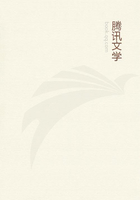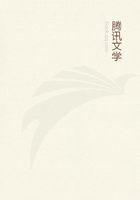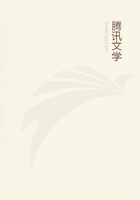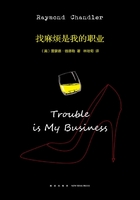The method of editorial expression in the magazines of 1889 was also distinctly vague and prohibitively impersonal.The public knew the name of scarcely a single editor of a magazine: there was no personality that stood out in the mind: the accepted editorial expression was the indefinite "we"; no one ventured to use the first person singular and talk intimately to the reader.Edward Bok's biographical reading had taught him that the American public loved a personality: that it was always ready to recognize and follow a leader, provided, of course, that the qualities of leadership were demonstrated.He felt the time had come--the reference here and elsewhere is always to the realm of popular magazine literature appealing to a very wide audience--for the editor of some magazine to project his personality through the printed page and to convince the public that he was not an oracle removed from the people, but a real human being who could talk and not merely write on paper.
He saw, too, that the average popular magazine of 1889 failed of large success because it wrote down to the public--a grievous mistake that so many editors have made and still make.No one wants to be told, either directly or indirectly, that he knows less than he does, or even that he knows as little as he does: every one is benefited by the opposite implication, and the public will always follow the leader who comprehends this bit of psychology.There is always a happy medium between shooting over the public's head and shooting too far under it.
And it is because of the latter aim that we find the modern popular magazine the worthless thing that, in so many instances, it is to-day.
It is the rare editor who rightly gauges his public psychology.Perhaps that is why, in the enormous growth of the modern magazine, there have been produced so few successful editors.The average editor is obsessed with the idea of "giving the public what it wants," whereas, in fact, the public, while it knows what it wants when it sees it, cannot clearly express its wants, and never wants the thing that it does ask for, although it thinks it does at the time.But woe to the editor and his periodical if he heeds that siren voice!
The editor has, therefore, no means of finding it out aforehand by putting his ear to the ground.Only by the simplest rules of psychology can he edit rightly so that he may lead, and to the average editor of to-day, it is to be feared, psychology is a closed book.His mind is all too often focussed on the circulation and advertising, and all too little on the intangibles that will bring to his periodical the results essential in these respects.
The editor is the pivot of a magazine.On him everything turns.If his gauge of the public is correct, readers will come: they cannot help coming to the man who has something to say himself, or who presents writers who have.And if the reader comes, the advertiser must come.He must go where his largest market is: where the buyers are.The advertiser, instead of being the most difficult factor in a magazine proposition, as is so often mistakenly thought, is, in reality, the simplest.He has no choice but to advertise in the successful periodical.He must come along.The editor need never worry about him.
If the advertiser shuns the periodical's pages, the fault is rarely that of the advertiser: the editor can generally look for the reason nearer home.
One of Edward Bok's first acts as editor was to offer a series of prizes for the best answers to three questions he put to his readers: what in the magazine did they like least and why; what did they like best and why; and what omitted feature or department would they like to see installed? Thousands of answers came, and these the editor personally read carefully and classified.Then he gave his readers' suggestions back to them in articles and departments, but never on the level suggested by them.He gave them the subjects they asked for, but invariably on a slightly higher plane; and each year he raised the standard a notch.He always kept "a huckleberry or two" ahead of his readers.His psychology was simple: come down to the level which the public sets and it will leave you at the moment you do it.It always expects of its leaders that they shall keep a notch above or a step ahead.The American public always wants something a little better than it asks for, and the successful man, in catering to it, is he who follows this golden rule.



